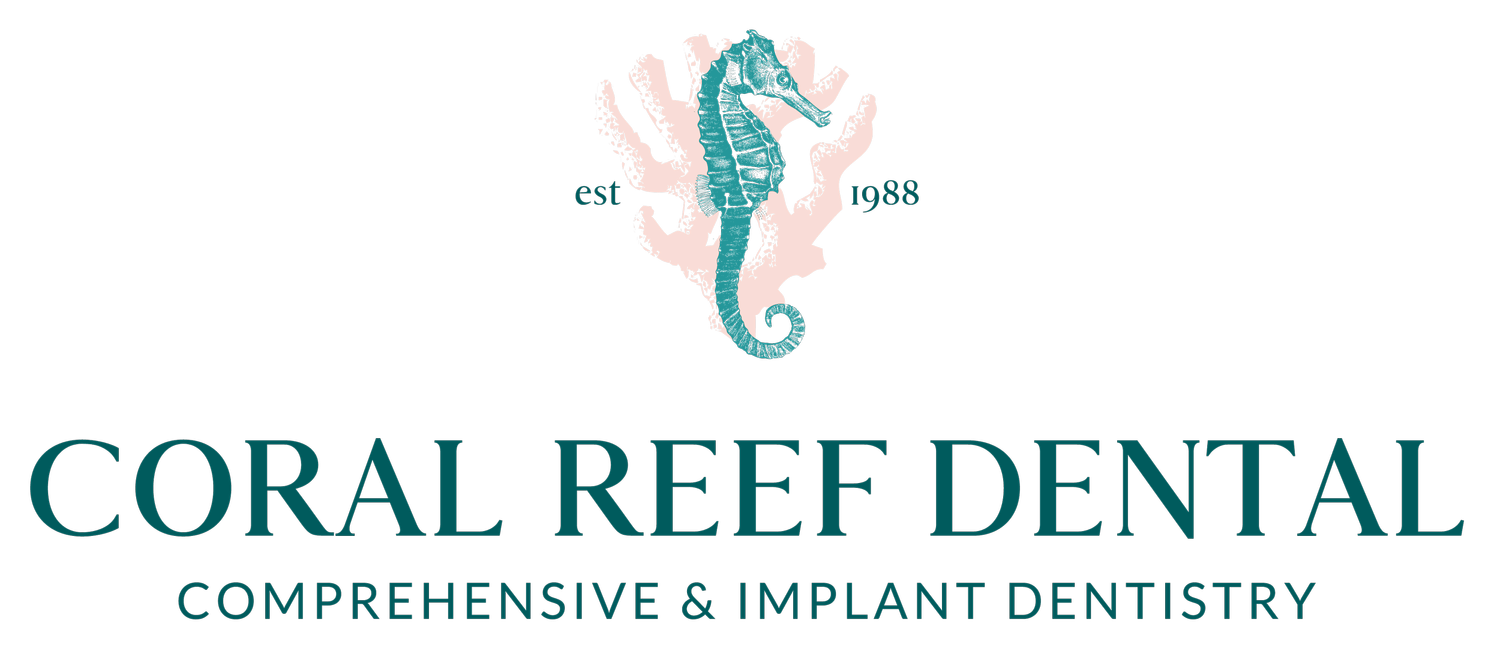What Goes On in a Dental Implant Consultation?
Missing teeth can impact your confidence and the health of your mouth and jaw, and meeting with a dentist, oral surgeon, or maxillofacial specialist can be the first step to finding a permanent replacement. So, what goes on from a dental implant consultation? Join us as we discuss the importance of these assessments and the best questions to ask before committing to a treatment plan.
What to expect during your dental implant consultation
During a dental implant consultation, your provider will examine your condition to determine whether implants are the best option or you’re better suited for dentures, a bridge, or another alternative. In some cases, a preliminary consultation may be free of charge.
In-depth discussion with the dentist
Your dentist may ask a range of questions about your goals for treatment, expectations, and any medical conditions you have. They’ll want to know if you’re experiencing any pain or have any issues with your teeth or gums.
You’ll probably have a lot of questions, too, so feel free to ask away!
Oral exam
Next, your dentist will perform a comprehensive examination of your mouth to assess your teeth, gums, bite, and jaw. They may take X-rays or 3-D scans to get a complete picture of your bone structure, nerves, and sinuses to ensure your bones and soft tissue are healthy enough to support an implant.
Treatment options
Finally, your provider will suggest a treatment plan based on imaging and their findings during the dental implant consultation. They may recommend a single-tooth implant, bridges, or dentures. If you require more extensive treatment, they may create a step-by-step plan including any necessary procedures needed for a successful implant.
Read more: Dental Implants vs Dentures
Why is a dental implant consultation important?
Every case is unique, and your dentist needs to have a complete understanding of your condition before moving ahead with a dental implant.
Determining suitability
Not everyone can get a dental implant immediately following a consultation. If you have gum disease or bone loss, you may need a bone graft procedure before implant placement. This appointment helps ensure a safe and successful implant procedure.
Addressing oral health concerns
Dental restoration is only one aspect of your overall oral health. Your dentist will assess your missing tooth in the context of your entire oral environment. They’ll look for signs of infection and inflammation, bite issues, tooth decay, and gum disease to address any existing concerns before placing an artificial implant.
Discussing expectations and outcomes
Even with insurance, dental implants can be a big financial investment and may cost thousands of dollars out of pocket, so it’s important to cover all your bases the first time around. Use your dental implant consultation to make sure your expectations are in line with realistic outcomes. Have your dentist look over the details of your health insurance plan to see if they cover the entire implant or just the crown.
Related: How Much Does a Dental Bridge Cost?
Questions to ask at your dental implant consultation
Before you arrive for your dental implant consultation, write down a list of questions you have about your condition and your treatment plan, including:
Am I a good candidate for dental implants?
Certain medical conditions, like diabetes, can affect the healing process and put you at risk of post-operative infection. Additionally, you’ll need to have enough healthy bone and gum tissue to support a dental implant.
If your dentist doesn’t feel you’re a good candidate for this treatment, ask if there are things you can do to become a good candidate, such as a grafting procedure, treating gum disease, or quitting cigarettes.
What type of implant is recommended?
The number of missing teeth and the health of your jaw and gums will impact the type of dental implant you need. A traditional single-tooth implant is ideal if you’re only missing one tooth. Those who need more substantial restoration may be better suited for an implant-supported bridge or dentures.
Will I need pre-operative procedures?
In some cases, you may need to undergo preliminary procedures to prepare your jaw for a dental implant, such as:
Bone graft: Rebuilds the jawbone to better support a dental implant.
Sinus lift: Upper implants may require more space if the root will impact the sinus cavity.
Extractions: Tooth fragments may need to be removed before placing an implant.
Gum treatment: Therapeutic treatments addressing infection or inflammation.
Related: Alternatives to Dentures: What Are Your Options?
Schedule your dental implant consultation today at Coral Reef Dental!
The dentistry professionals at Coral Reef can help you replace missing teeth with implants that look, feel, and function like your natural teeth. Whether you prefer a permanent implant to restore your smile or you simply want to be able to eat with ease, our knowledgeable team is here to help you achieve your goals.
Ready to get started? Contact us today to schedule your dental implant consultation or learn more about our compassionate care approach, including sedation dentistry!


